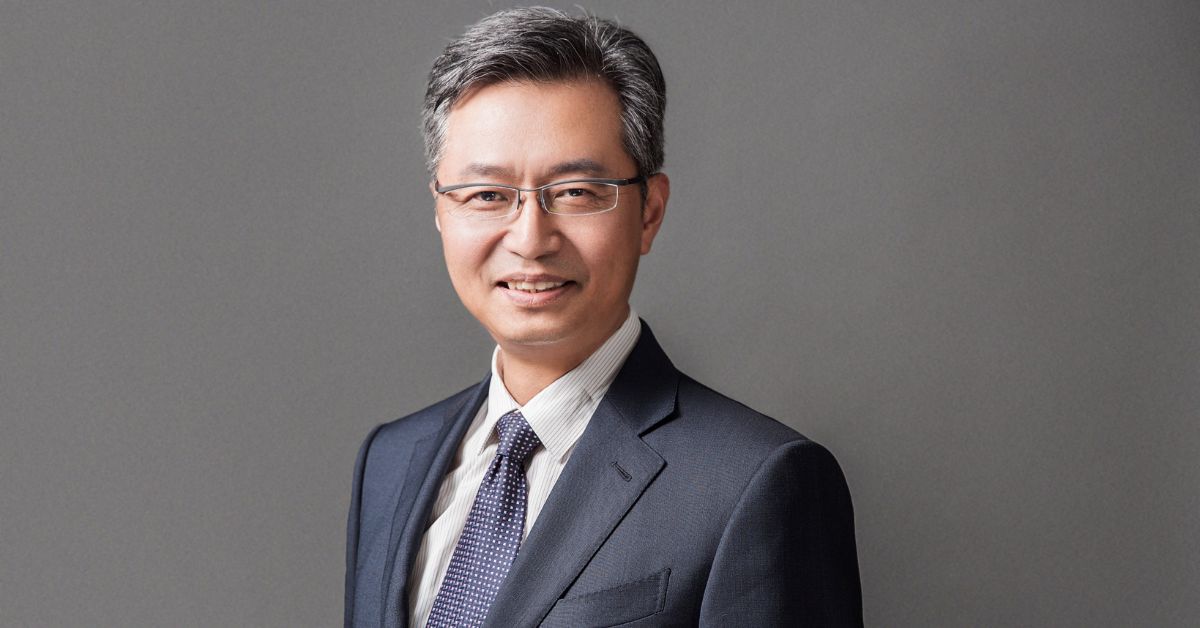DUBAI – The globalization of advanced technology can benefit everyone, and collaboration between nations, especially powerhouses like the US and China, can lead to greater global benefits, Professor Wu Xiabo told TRENDS on the sidelines of the recently concluded Annual Meeting of Global Future Councils in Dubai.
A renowned expert from Zhejiang University, Professor Wu spotlighted China’s substantial investments in new infrastructure, particularly in AI and associated platforms. He underscored the rapid advancements in intelligent technologies but voiced concerns about their inclusivity, especially in the face of rising protectionism.
“Even with its technological strides, China still considers itself a developing nation. The challenge is balancing progress in specific regions with the needs of the country’s underdeveloped areas,” said Professor Wu, who is Qiushi Chair Professor of Strategy and Innovation Management, Dean of Faculty of Social Sciences, Director of National Institute for Innovation Management, at Zhejiang University.
The professor expressed apprehension about the ongoing technological decoupling between the US and China. “Global collaboration, especially in green technologies, can benefit the entire world. The current decoupling doesn’t just harm China; it impacts global capabilities and competitiveness,” he said.

Belt and Road Initiative
Professor Wu emphasized China’s commitment to the Belt and Road initiative and its infrastructure investments in developing nations, especially in Africa and South America. “The goal is to promote inclusive development and empower local communities to expand their businesses,” he explained.
On Foreign Direct Investment (FDI) and technology, Professor Wu said they are closely linked. “The essence is to ensure these investments are inclusive and bolster local businesses, setting them apart from past colonial strategies,” he added.
The Global Future Councils underscore the strategic alliance between the UAE government and the World Economic Forum (WEF). They attract around 600 leaders and officials from government, private sectors, international organizations, and academic institutions, including esteemed experts and futurists.
These councils are dedicated to shaping future visions, addressing global challenges across various domains such as the economy, technology, geopolitical shifts, infrastructure, health, society, the Fourth Industrial Revolution, artificial intelligence, environmental and climate concerns, governance, and more.


